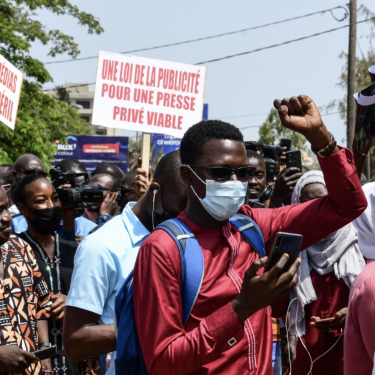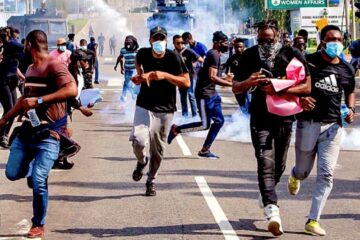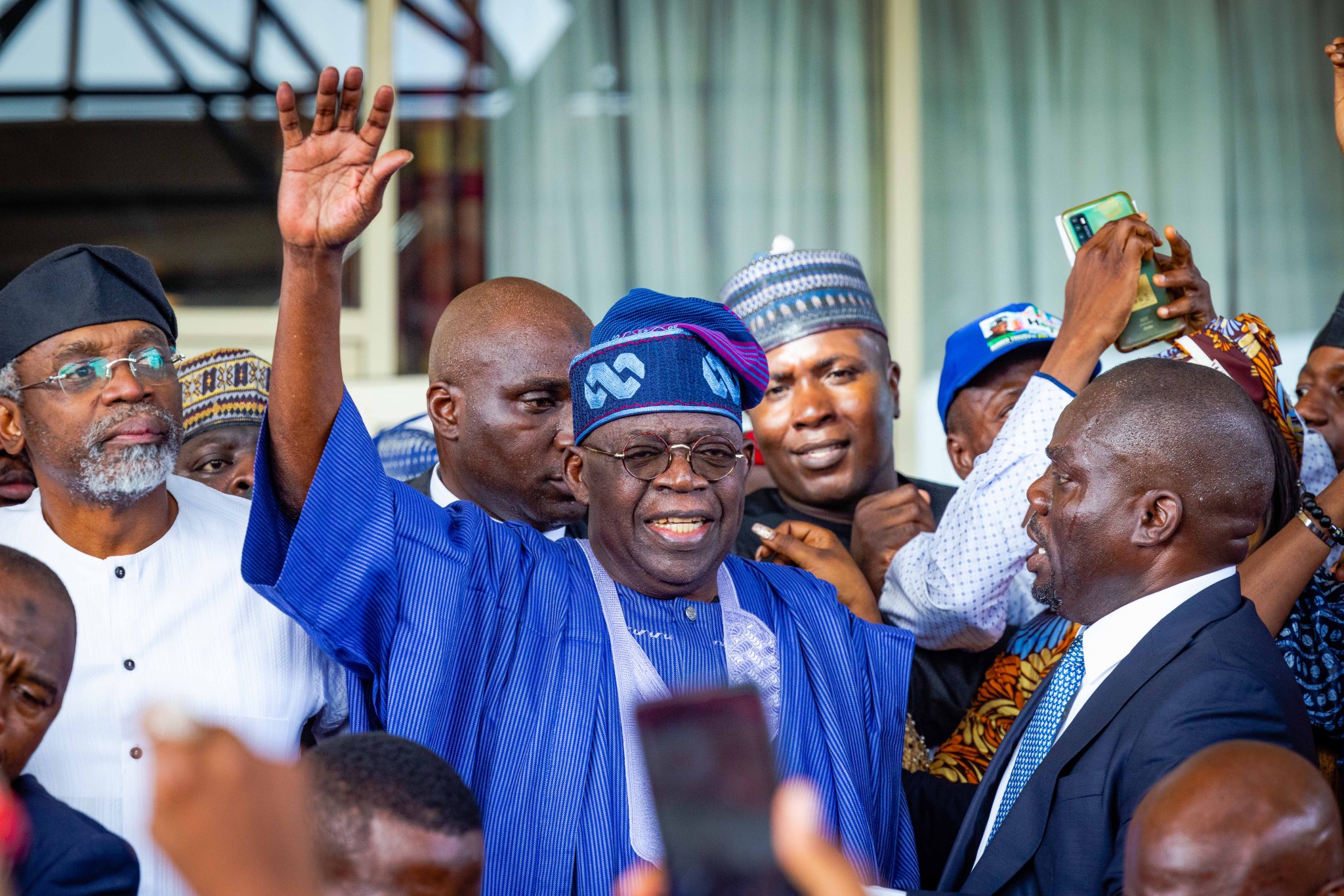
In a circumstance marked by escalating political tension and growing violence in Senegal, the international non-profit organization, Reporters Without Borders (RSF), has raised a strong voice against the infringement of press freedom. The organization strongly condemns the 48-hour suspension of a television channel, limiting internet and social media access, and the vandalization of a journalism school. RSF emphasizes that no situation, however dire, should justify restricting the dissemination of news, a fundamental pillar of democracy.
On Saturday, June 3, 2023, official sources from the Senegalese government revealed a tragic escalation in the ongoing clashes between police and supporters of the opposition leader, Ousmane Sonko. The death toll has now climbed to 15, as reported by Deutsche Welle, which includes two security force members. This violence, notably the deadliest in recent decades, has plunged the West African nation into a deepening crisis.
These tensions sparked on Thursday, June 1, following a controversial court decision to sentence Sonko to a two-year prison term for “corrupting the youth.” The court, however, acquitted Sonko of charges of sexual assault against a female employee at a massage parlor, along with allegations of death threats towards her. Sonko’s legal representative pointed out that an arrest warrant had not yet been issued at the time of the ruling.
Complicating matters further, the turbulence in Senegal coincides with the national dialogue’s inauguration, a platform intended for the government to engage with various political factions and civil society representatives.
Sonko, a vocal adversary of President Macky Sall, was purportedly taken into custody on May 30, 2023, in a move that disrupted his nationwide march. Interior Minister Antoine Diome stated that Sonko’s march required authorization, which was not obtained. However, Diome emphasized that Sonko was not arrested but “dropped off” at his residence in Dakar. In response, Sonko utilized social media to rally his supporters and voice his opposition to the current administration.
From the perspective of Sonko and his political faction, the arrest was a clear signal of President Sall’s intention to seek a third term, a decision that Sonko vehemently opposes. Sonko contends that the constitutional revision enacted in 2016 effectively “reset” the terms, thus nullifying Sall’s initial term which began in 2012. In contrast, the Justice Ministry has reset Sall’s term, setting it to run from 2019 through 2024.
As the country finds itself in the throes of political unrest and escalating violence, the free press’s role becomes ever more critical. Reporters Without Borders appeal underlines the urgency of maintaining and respecting the right to report news in these testing times, a crucial aspect of preserving democracy and ensuring transparency.



















